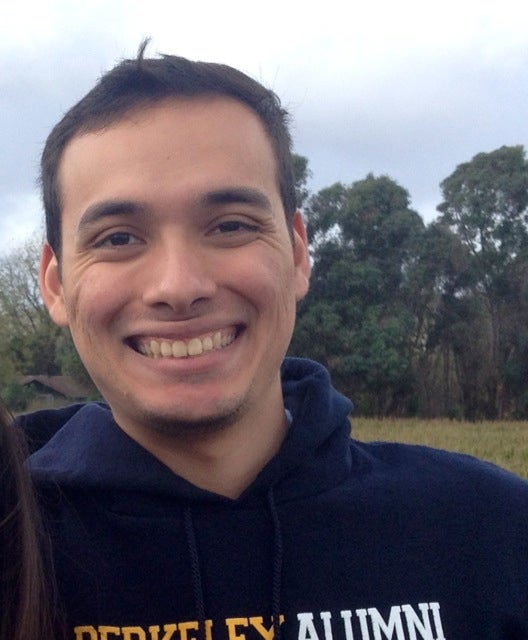
Lab Director

Allison Earl
Professor Earl received her BA in Anthropology and BS in Psychology from the University of Florida, and her PhD in Psychology from the University of Illinois at Urbana-Champaign. She is an Associate Professor in the Psychology Department at the University of Michigan, and the director of the University of Michigan Health, Attitudes, and Influence Lab (HAILab). Professor Earl is also a Faculty Associate at the University of Michigan’s Research Center for Group Dynamics, and a Faculty Affiliate of the Department of Communication Studies as well as the Joint Program in Social Work and Psychology.
The overarching goal of Professor Earl’s research program is to better understand what we pay attention to and why, and how to best use this knowledge to increase attention to health promotion programs, particularly for high-risk audiences. She uses a variety of methodologies to address these questions, including experimental work, survey, unobtrusive observation, meta-analysis, and psychophysiological methods (e.g., Event-Related Potentials).
For an overview of current research in the lab, please see the Projects page.
Graduate Students

Susannah Cazaubon
Susannah is a doctoral student in the Social Psychology department. She is broadly interested in the psychosocial forces shaping attitude formation, emotional expression, and social behavior in online versus offline contexts.

Veronica Derricks
My research examines how targeting health information to members of stigmatized groups impacts their attitudes towards the information and information providers.

Harley Dutcher

Izzy Gainsburg
Most of my work centers around a common psychological process: People hold lay beliefs about the world that guide their expectations for novel experiences; these belief-informed expectations in turn guide perceptions, emotions, motivations and behavior. So far, this work has looked at how specific beliefs (e.g., whether a trigger warning is protective or coddling) affects this process. In the future I plan to test this model with with broader belief systems–especially those which are important but have received little attention in social psychology (e.g., the belief that aesthetic value is subjective versus objective).
I also am broadly interested in effective altruism, i.e., the practice of using evidence and reason in order to maximally reduce harm and increase wellbeing in the world. In this domain, I’m primarily interested in lines of the two lines of questions: First, why are people averse to using science and reason to inform ethics and can we make doing so more attractive? Second, what are the factors that predict who/what people include in their moral circles, and how can we get people to expand their moral circles?

Clint McKenna

Ramona Perry

Koji Takahashi
Koji is a doctoral student in Social Psychology and is broadly interested in the interplay between emotions, stigma, and health information. His current project focuses on the role of extraneous affect on receptivity to health information.
Alumni & Former Members

Mike Hall
Mike Hall is currently a consultant for Boston Consulting Group.

David Hauser
is an Assistant Professor of Social/Personality Psychology at Queen’s University. More information about Dave’s work can be found on his website

Hakeem Jefferson
Hakeem J. Jefferson is an Assistant Professor of Political Science at Stanford University. You can read more about Hakeem’s research on his personal webpage

Neil Lewis, Jr.
Neil Lewis, Jr. is Assistant Professor of Communication and Social Behavior at Cornell University. You can read more about Neil’s research on his personal webpage

